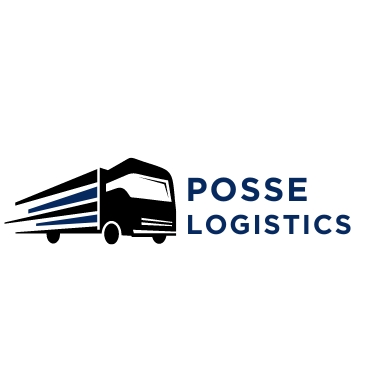The future of freight: sustainable transport solutions
The freight industry stands at a crossroads, where the demand for transportation of goods continues to rise, while the imperative to reduce environmental impact has never been more urgent. As small to medium-sized businesses in Estonia seek to align with global sustainability goals, the exploration of eco-friendly transport solutions becomes a priority.
Sustainable freight transport refers to the implementation of practices and technologies that significantly reduce the environmental footprint of cargo movement. This encompasses a holistic approach, from fuel efficiency and reduced emissions to the optimization of logistics networks.
Emerging Trends in Sustainable Freight
One of the most promising trends is the electrification of transport vehicles. Electric trucks and vans are increasingly becoming viable options for businesses, offering a cleaner alternative to traditional diesel-powered engines.
Beyond electrification, the industry is exploring alternative fuels such as biodiesel, natural gas, and hydrogen fuel cells, which offer a substantial reduction in carbon emissions.
Modern logistics strategies, including route optimization and load consolidation, are essential in minimizing the environmental impact of freight activities.
Innovative Technologies Shaping the Future of Freight
The advent of autonomous driving technology promises to revolutionize the freight industry by enhancing efficiency and safety while reducing emissions.
Artificial intelligence and big data analytics are playing a crucial role in optimizing freight operations, from predictive maintenance to dynamic routing.
Eco-friendly warehousing practices, including solar-powered facilities and energy-efficient designs, contribute to a more sustainable supply chain.
Policy and Regulation Impacting Sustainable Freight
Global agreements and local policies are increasingly mandating reductions in greenhouse gas emissions, influencing the adoption of green technologies in freight transport.
Governments and international bodies are offering various incentives to encourage businesses to invest in sustainable transport solutions.
Challenges and Considerations for Businesses
While the initial investment in sustainable technologies can be significant, the long-term savings and return on investment can be substantial for businesses.
The shift to sustainable freight requires not only advanced vehicles but also the necessary infrastructure, such as charging stations and maintenance facilities.
For a successful transition, businesses must embrace a sustainable mindset, integrating environmental considerations into every aspect of their operations.






Comments (0)